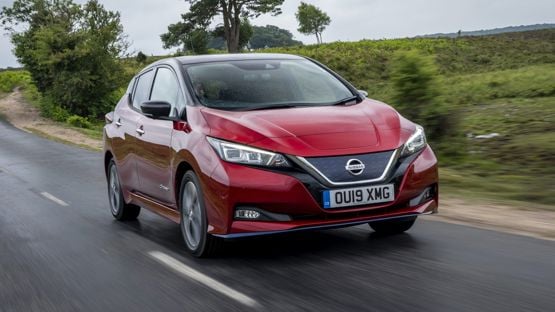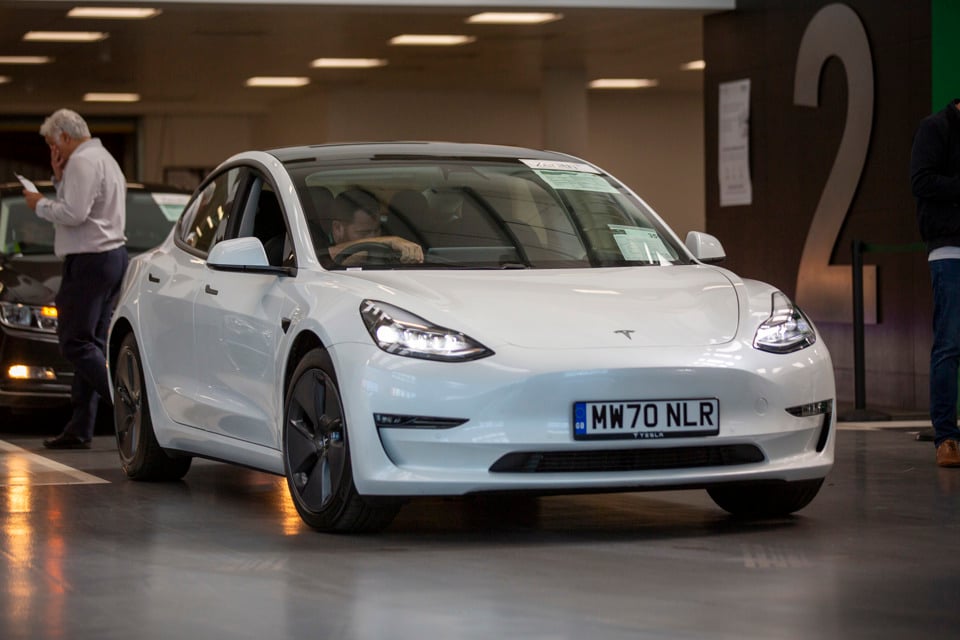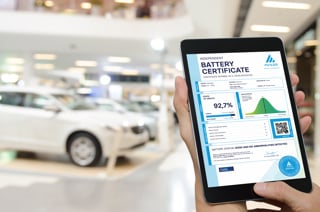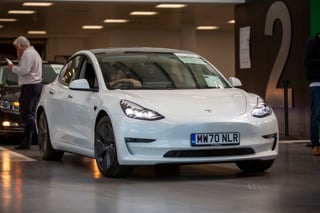The Government’s decision to reintroduce grant funding new EVs has raised concern among some industry leaders who warn the move overlooks the used sector.
The new £650 million grant, offering up to £3,750 off new electric cars priced under £37,000, aims to boost consumer uptake.
However, with no Government incentives aimed at the used market, several senior figures say the policy fails to address the imbalance that is already undermining confidence in EV values.
 Philip Nothard, insight director at Cox Automotive and chairman of the Vehicle Remarketing Association, said the policy shows a “lack of understanding” of current market conditions.
Philip Nothard, insight director at Cox Automotive and chairman of the Vehicle Remarketing Association, said the policy shows a “lack of understanding” of current market conditions.
He pointed to declining used EV residual values, a fragmented charging infrastructure and VAT inequality on public charging as key challenges that remain unaddressed.
He said: "Heavy discounts on new EVs have already dampened demand for nearly new models available in the used car market.
"While driving down the cost of new vehicles will undoubtedly increase the EV adoption in the new market, these incentives fail to recognise the impact they will have on the used market.
"Residual values for cars up to two years old are now at a greater risk of further depreciation if adequate support is not extended to used vehicles."
Nothard said the used market is a crucial source of profitability for the automotive sector, so the strength and consistency of the industry is crucial to the success of the government’s net zero ambitions.
He said: "To ensure this, the Government needs to consider more support for the used EV sector to put the brakes on the rapid pace of depreciation.”
Used EV values have fallen by an average of 46% between 2021 and 2024, according to data from the British Vehicle Rental and Leasing Association (BVRLA), compared to just 19% for petrol and diesel cars.
The BVRLA has warned this is costing the fleet and leasing sector hundreds of millions of pounds and could destabilise the used market further if not addressed.
BVRLA chief executive Toby Poston welcomed the new grant for its potential impact on retail uptake, but cautioned that it “could have serious repercussions for the used EV market” if supply continues to outpace demand.
“Stimulating new EV registrations without supporting the used market risks creating an even greater supply and demand imbalance,” said Poston.
“The resulting losses will erode confidence and lead to higher finance costs for new EVs, eliminating much of the benefit from the grant.”

A short-sighted policy
Stewart Walker, associate director at Automotive Services International, described the policy as “short-sighted,” adding that despite the perception of high EV prices, incentives on new cars often make them cheaper to run on PCP than petrol or diesel models. He warned that further weakening of used EV values would only worsen affordability and residual value pressure.
Speaking at a recent BEN event, Nothard also emphasised the growing volume of used EVs entering remarketing channels, adding that without stronger incentives or infrastructure improvements, dealers will struggle to shift these vehicles to cost-conscious or sceptical buyers.
Broader support suggestions for the wider EV market include VAT reductions on public charging and targeted incentives for used EV buyers.
Some industry commentators believe this will stimulate broader demand, support residual values and improve the economics of both new and used EV sales.
Stuart Masson, editorial director of The Car Expert, questioned the focus of the £650 million fund, arguing that it appears to benefit manufacturers more than consumers. He also agreed that that new car focussed incentive is short-sighted.
“At a time when most households buy used cars, focusing the grant entirely on new vehicle sales seems short-sighted,” he said.
“If cutting emissions is the goal, supporting drivers switching from older petrol or diesel cars to affordable used EVs would arguably have a greater impact.”
Masson also highlighted recent tax increases on EVs, including road tax and congestion charges due in 2025, and said the inconsistency of Government messaging is eroding consumer confidence.
“There’s nothing here for used EV buyers,” he said. “The public is left wondering whether EVs are genuinely affordable or only viable with Government support.”



















Login to comment
Comments
No comments have been made yet.